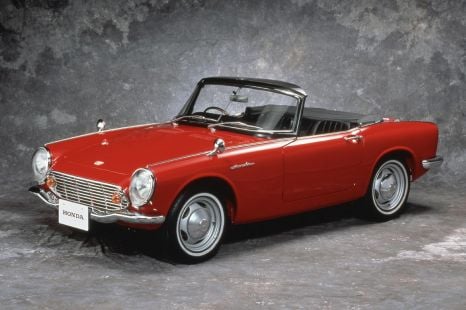

Max Davies
How Audi, BMW, Honda, Mercedes-Benz, and Suzuki started out in Australia, and where they are now
5 Hours Ago

Contributor
More needs to be done to support the rollout of electric cars in Australia, according to one of the nation’s newest brands.
Sporty Spanish brand Cupra, which is part of the Volkswagen Group, will bring the Born electric hatchback to Australia in 2023.
It’s chasing 7000 sales per year by 2025, but says that will only happen if the electric vehicle market in Australia is given a nudge in the right direction by government.
“If we want to get to that level of sales, it will assume that the electric market takes off in Australia. Without that we won’t have the base,” Cupra CEO Wayne Griffiths told Australian media.
“The Australian Government needs to push and support with a good policy around EV,” he said.

“Those countries that have been able to develop a strong mix of electrification always started with [incentives] by the government,” Mr Griffiths said, asked whether subsidies for EV buyers are necessary in Australia.
“When you have that then the necessity to add the infrastructure follows very quickly, and that then becomes the second factor. But it’s always chicken and egg, and you need to get the ball rolling. To get the ball rolling, you need to make electric cars affordable.”
Cupra plans to sell only electric cars by 2030, and will release its last new car with an internal-combustion engine in 2025.
Electric cars account for just 1.8 per cent of the new car market in Australia to date in 2022. The Tesla Model 3 is the best-selling EV in the country, accounting for just shy of half of all sales.
It’s the new kid on the block in Australia, but Cupra is far from alone in pushing the Federal Government for a more hands-on approach to encouraging electric car sales in Australia.
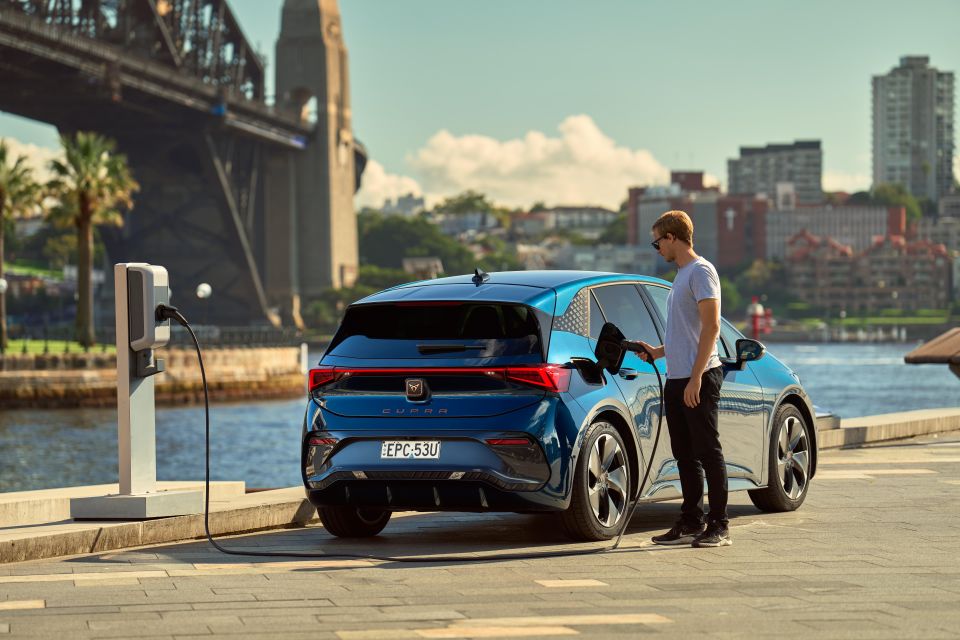
Individual carmakers such as Kia, along with the peak body for carmakers in Australia, have been vocal in calling for emissions standards since the Federal Election.
Such a scheme would force carmakers to drag their average vehicle emissions below an agreed cap, backed by fines for a failure to meet that target. The cap would become progressively tighter as years roll on.
Australia has a shortage of hybrid, plug-in hybrid (PHEV), and electric vehicle (EV) options relative to demand, as long waits for new cars across most brands shows.
The FCAI says formal regulation would give car companies the tools they need to lobby their head offices for more supply of low-emissions (or zero-emissions) vehicles.
Currently, carmakers send the bulk of their electric vehicles to markets such as Europe, where the penalties for failing to meet emissions targets can lead to huge fines. Australia is at risk of becoming a “dumping ground” for older, dirtier engines and technologies, according to ex-Volkswagen Group Australia boss Michael Bartsch.
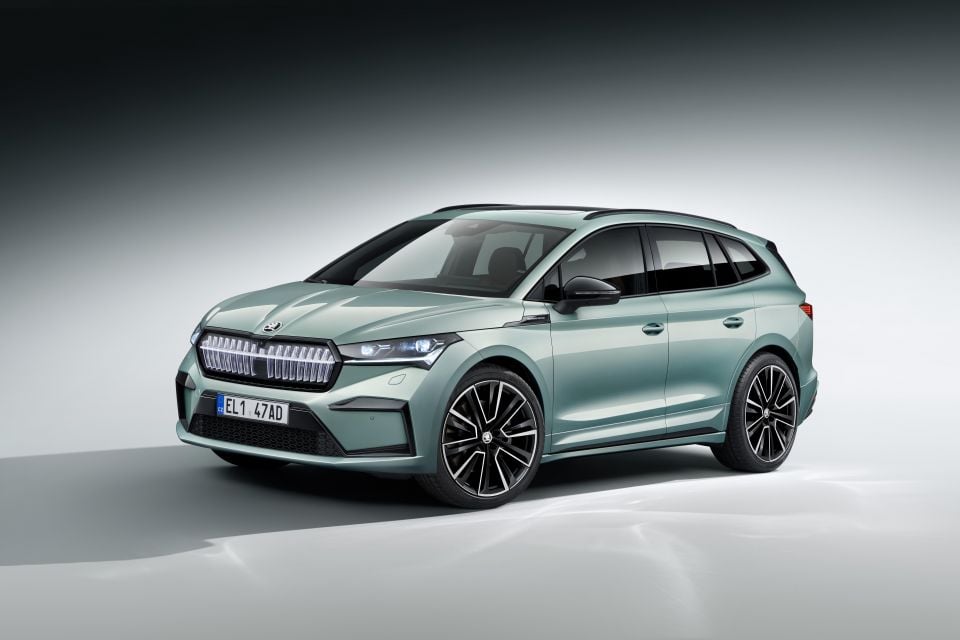
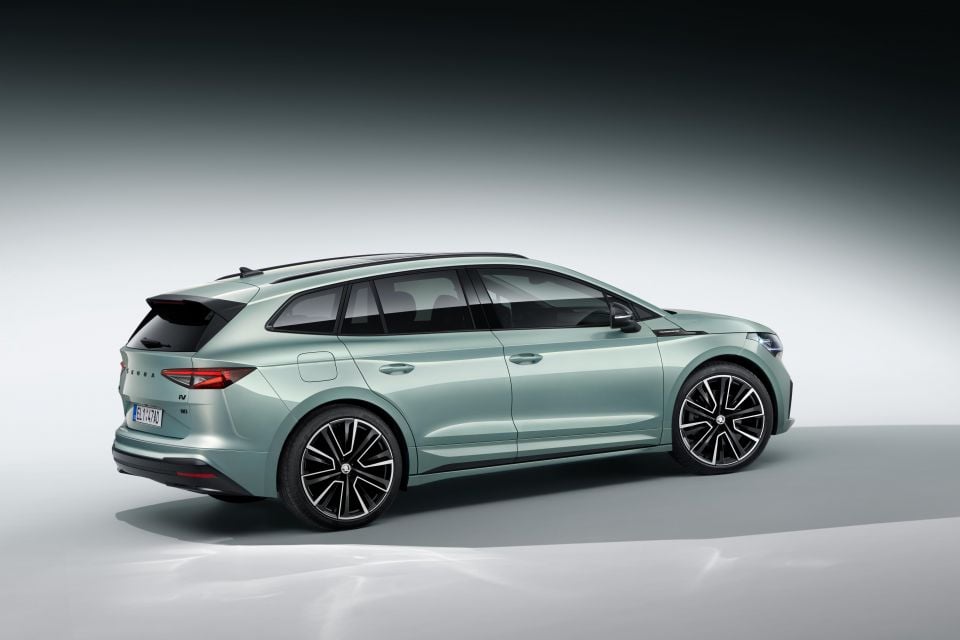
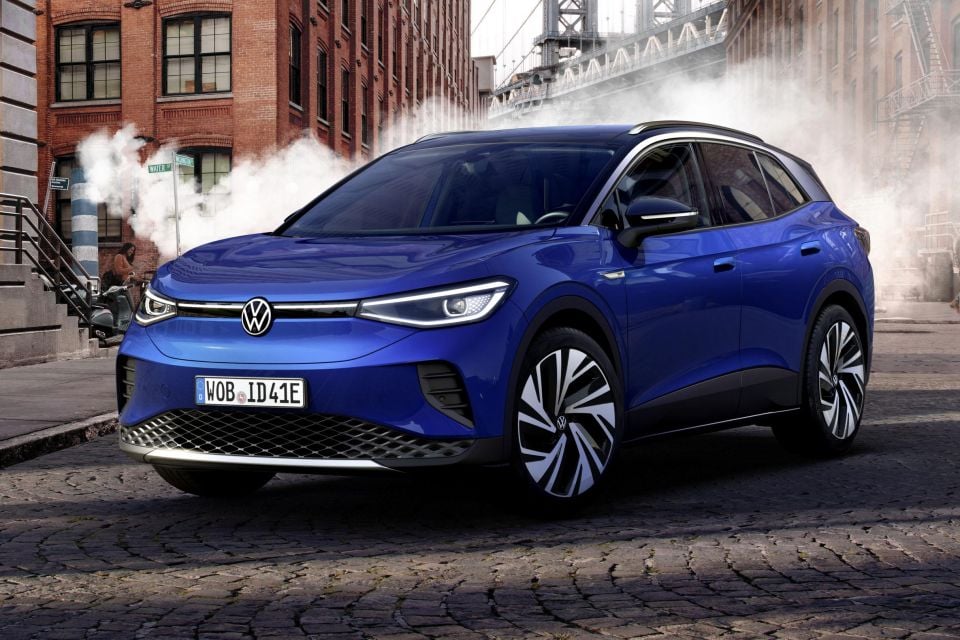
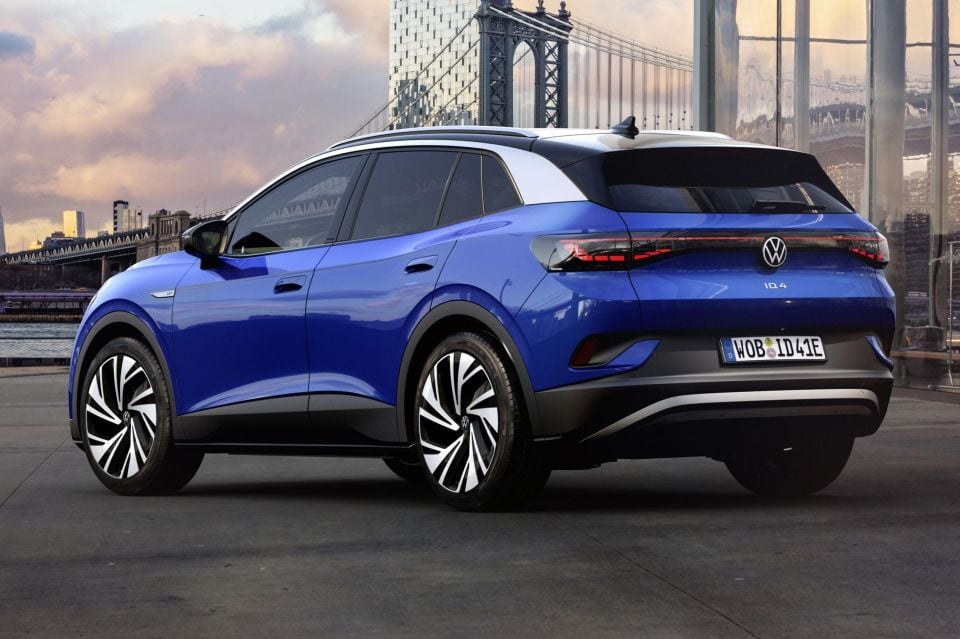
His replacement, Paul Sansom, told CarExpert the introduction of emissions standards “changes the game completely, it really does”.
Like Kia, the Volkswagen Group has been hamstrung in its quest to bring electric cars to Australia.
In response to the lack of a federally-mandated target, the Australian automotive industry established a voluntary CO2 reduction scheme in 2020.
This has no real teeth, but serves two purposes: public relations, and to be a policy template for any receptive government.
Where expert car reviews meet expert car buying – CarExpert gives you trusted advice, personalised service and real savings on your next new car.
Scott Collie is an automotive journalist based in Melbourne, Australia. Scott studied journalism at RMIT University and, after a lifelong obsession with everything automotive, started covering the car industry shortly afterwards. He has a passion for travel, and is an avid Melbourne Demons supporter.


Max Davies
5 Hours Ago
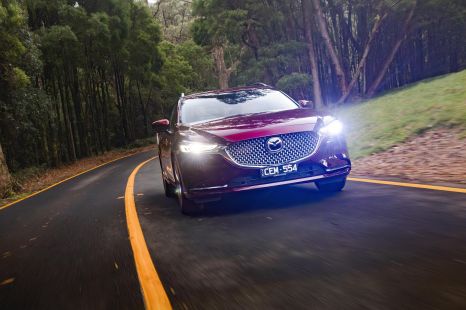

William Stopford
5 Hours Ago
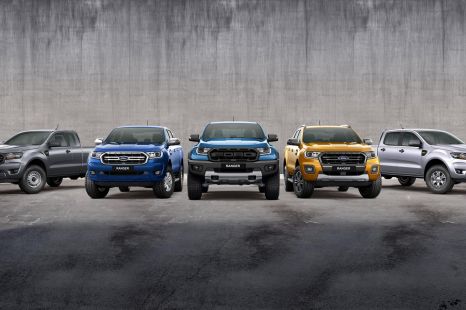

Derek Fung
5 Hours Ago
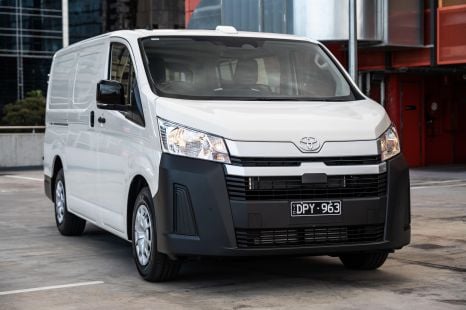

Max Davies
13 Hours Ago
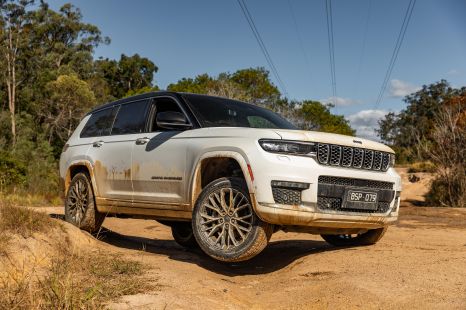

William Stopford
1 Day Ago
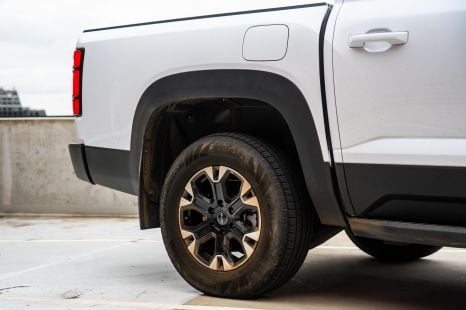

Ben Zachariah
1 Day Ago